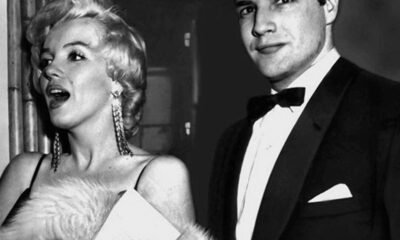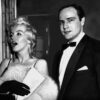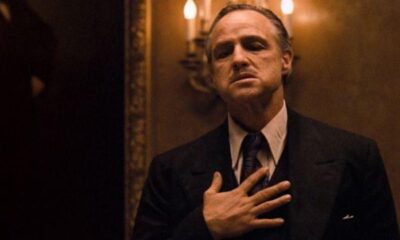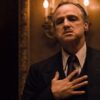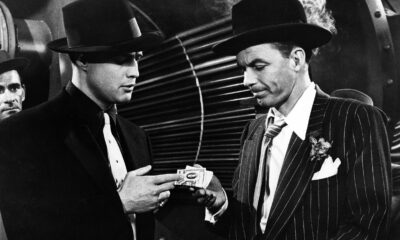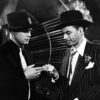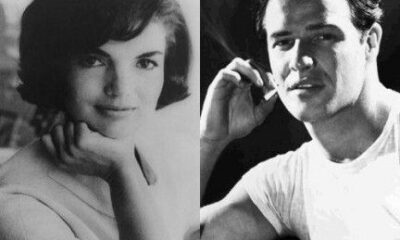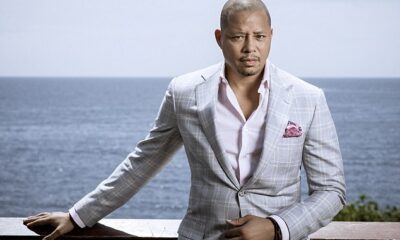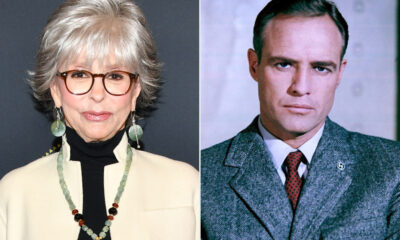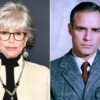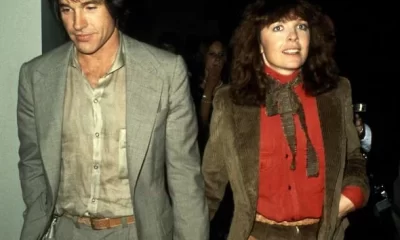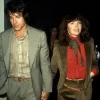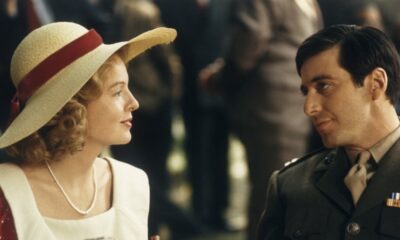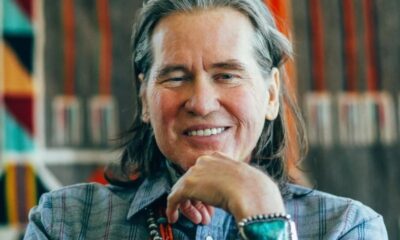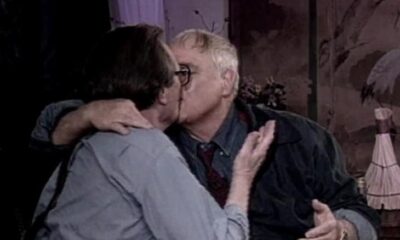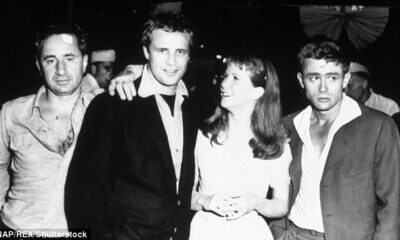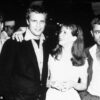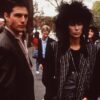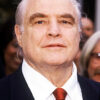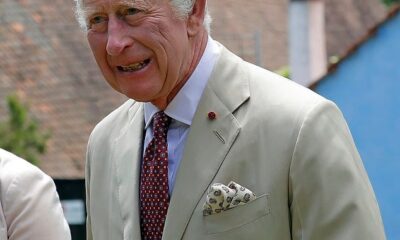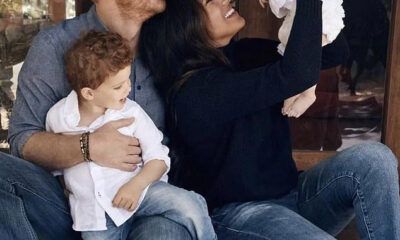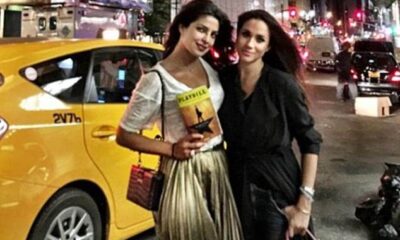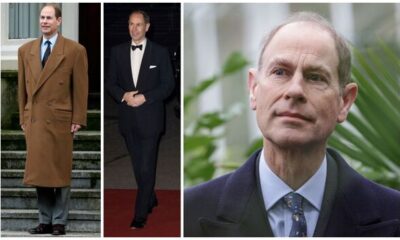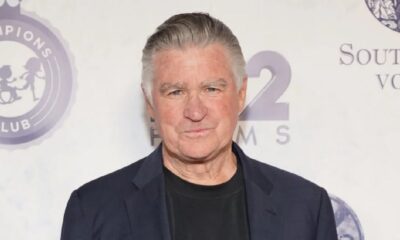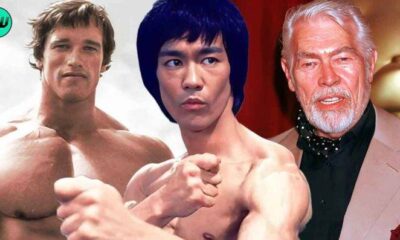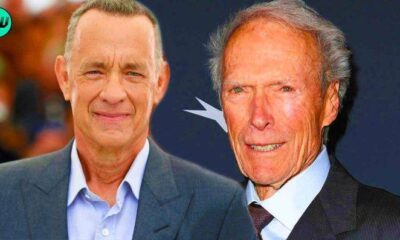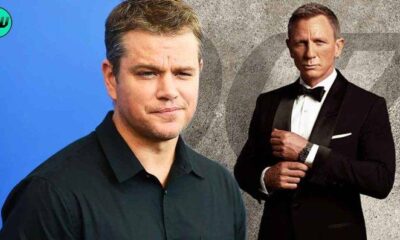Updates
Marlon Brando wasn’t first choice for ‘The Godfather’ role
Via



GET TOP STORIES VIA INBOX
Francis Ford Coppola’s The Godfather changed the way American gangsters were portrayed in film and television when it was released in March 1973.
The film was based on Mario Puzo’s novel of the same title, which had remained at number one on the New York Times bestsellers list for 67 consecutive weeks.
Both Puzo and Coppola wanted Marlon Brando to play the role of Vito Corleone, the family patriarch and leader of a crime syndicate.
However, Paramount Pictures opposed the idea of hiring Brando due to his reputation for being difficult and his poor box office record.
Despite the opposition, Brando was willing to submit to a screen test, work without pay upfront, and compensate the studio if his actions delayed production.
During the test, Brando gave a stunning performance, which convinced Paramount to offer him the role. Brando was paid $250,000 and a percentage of profits, which reportedly netted him about $2 million from the film.
Trending:
Brando’s portrayal of Vito Corleone was widely acclaimed, and his contribution to the success of The Godfather remains a signature standout.
The film was a cultural phenomenon and set the stage for mobster and gangster shows that followed.
It also became the highest-earning movie of all time at the time, grossing $100 million in its first five months in theaters.
The line “I’m gonna make him an offer he can’t refuse” from the film ranks second on the American Film Institute’s list of greatest movie quotes ever.
The Godfather’s storyline remains relatable to this day, according to Kate Lemay, a historian at the National Portrait Gallery.
Abuse of power is one of the film’s themes, and it’s interesting to see how people who have power are using it to accomplish what they think is important and just.
The men in the Corleone family “were drunk on their own power,” she says. “They lost sight of what was right or wrong.”
Brando’s contribution to The Godfather went beyond his performance on screen.
In a scene with singer Al Martino, Brando slapped him without informing him beforehand, which worked well and added to the realism of the film.
The Godfather was named Best Picture in the Academy Awards, and Brando won the Golden Globe for Best Actor in a Drama and the Academy Award for Best Actor.
The importance of family is a key element of the film, but it only applies to the male characters, which makes the film seem dated, according to Lemay.
The male characters routinely lie to the female characters and are unwilling to hear their opinions.
After The Godfather and Last Tango in Paris, Brando took small parts, such as the renegade colonel in Apocalypse Now and his portrayal of Superman’s father in 1978’s Superman, for which he collected a larger salary than Christopher Reeve, who played Superman himself.
Brando was known for being a social activist before many actors used their prestige to support causes such as civil rights.
“He was really a pioneer,” says Lemay.
The Godfather remains an absorbing film a half-century after its release.
“The directing in it, the acting in it, all the components fit together so nicely and very thoughtfully,” says Lemay. Moreover, “the storyline is still relatable to this day.”
The Godfather: Part II, released in 1974, became the first sequel to win the Academy Award for Best Picture. The Godfather: Part III, which opened in 1990, received less critical acclaim.
Before The Godfather’s release, there was uneasiness in the Italian American community because Don Corleone is an Italian immigrant.
The film does not refer specifically to the Mafia. However, author Tom Santopietro wrote The Godfather Effect 40 years later, arguing that the film helped to Americanize Italian Americans.
The cast of The Godfather reads like a Hollywood Who’s Who with stars like Al Pacino, James Caan, Robert Duvall, Sterling Hayden, Richard Conte, and Diane Keaton turning out top performances.
However, Brando’s contribution to the film remains a signature standout.
Vincent Canby of the New York Times wrote, “The role is not big enough for Brando to dominate the film by his physical presence, but his performance sets the pitch for the entire production, which is true and flamboyant and, at unexpected moments, immensely moving.”
Brando was recognized as the greatest film actor of his era and was a social activist before many actors used their prestige to support causes such as civil rights.
He received a lot of press coverage after the release of The Godfather, and his portrait appeared on the covers of Time, Life, and Newsweek, among others.
A portrait of Brando in pastel and opaque watercolor that first appeared on the cover of Time in January 1973 is held in the collections of the Smithsonian’s National Portrait Gallery.
The Godfather helped to change the way American gangsters were portrayed in film and television, with its influences visible in the shorthand language, unexpected humor, costumes, graphic violence, and use of music in the mob stories that followed in its wake.
The film’s impact has endured for over 50 years, with its quotes and scenes still being referenced and celebrated today.
The film’s success was not always guaranteed, as Paramount Pictures had opposed the idea of hiring Brando due to his reputation for being difficult and his poor box office record.
However, Brando’s stunning performance in his screen test convinced Paramount to offer him the role of Vito Corleone, which turned out to be a stroke of genius.
In The Godfather, Brando’s portrayal of Vito Corleone was widely acclaimed, and his contribution to the success of the film remains a signature standout.
The film’s storyline remains relatable to this day, and its themes of abuse of power and the importance of family still resonate with audiences.
Brando’s legacy as one of the greatest film actors of his era has endured, and his social activism paved the way for many actors who followed in his footsteps.
The Godfather will always be remembered as one of the most iconic films in American cinema history, with its impact still being felt today.
Popular Posts:
MUST READ:


GET TOP STORIES VIA INBOX





